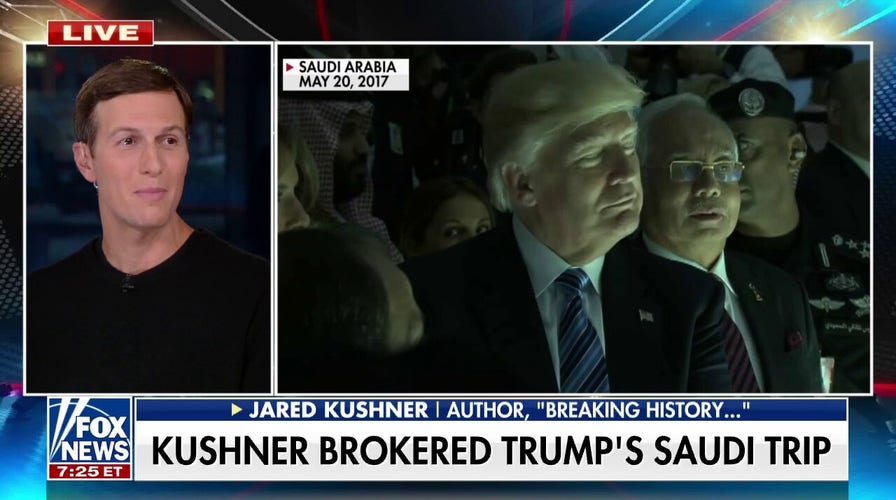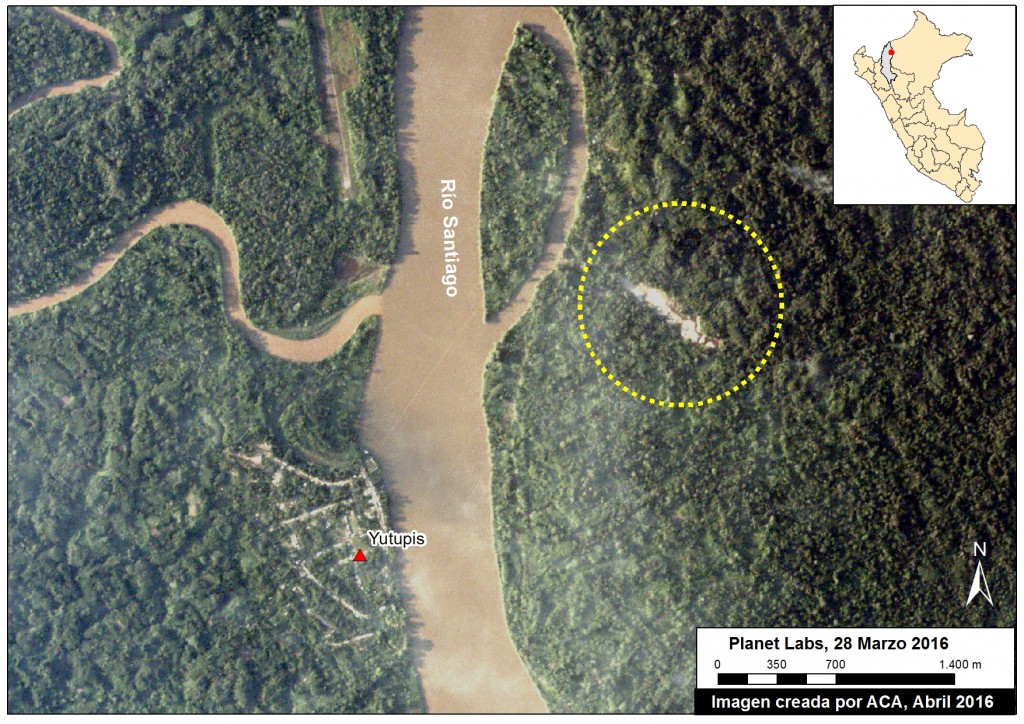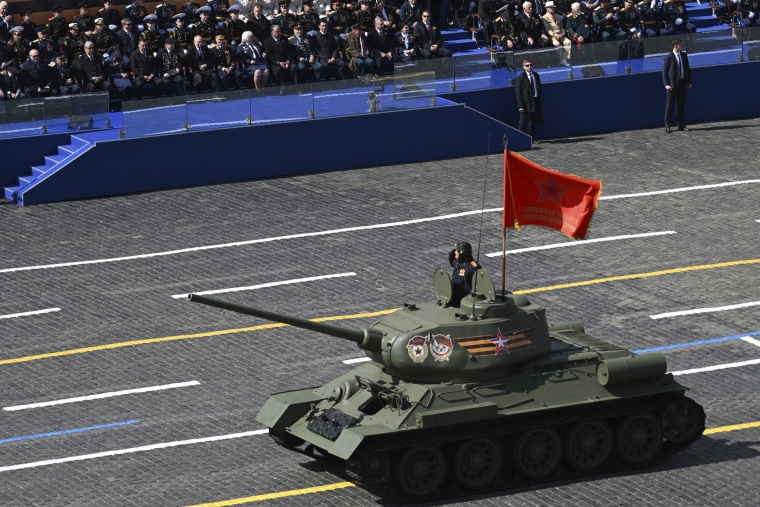The Quiet Hand Of Jared Kushner In Trump's Middle East Plans

Table of Contents
Kushner's Role in the Abraham Accords
Kushner played a central role in brokering the Abraham Accords, a series of normalization agreements between Israel and several Arab nations. His unique approach, characterized by direct engagement with key leaders and a willingness to bypass traditional diplomatic channels, proved instrumental in achieving these landmark agreements.
- Countries Involved and Timeline: The Accords involved the United Arab Emirates (UAE), Bahrain, Morocco, and Sudan, normalizing relations with Israel in 2020 and 2021. This followed decades of strained relations and conflict.
- Key Concessions and Compromises: Each agreement involved different concessions. For example, the UAE received advanced military technology from the US, while Morocco gained renewed US support for its claim to Western Sahara. Israel, in turn, agreed to halt further annexation of Palestinian territories, although this commitment remains a point of contention.
- Kushner's Personal Interactions: Kushner forged close relationships with key leaders, including Crown Prince Mohammed bin Zayed Al Nahyan of the UAE and King Hamad bin Isa Al Khalifa of Bahrain, facilitating direct negotiations and building trust.
- Long-Term Implications: The Abraham Accords represent a significant shift in regional dynamics, potentially fostering greater stability and cooperation. However, their long-term impact on the Israeli-Palestinian conflict remains uncertain.
The "Deal of the Century" and its Reception
Kushner spearheaded the development of the "Deal of the Century," a comprehensive peace plan aimed at resolving the Israeli-Palestinian conflict. This ambitious plan, unveiled in January 2020, envisioned a two-state solution with significant territorial concessions from the Palestinians.
- Key Elements of the Plan: The plan addressed territorial issues, the status of Jerusalem, the borders of a future Palestinian state, and security arrangements. It also proposed substantial economic investment in the Palestinian territories.
- Reactions from Stakeholders: The plan was met with a mixed reception. While welcomed by the Israeli government, it was overwhelmingly rejected by the Palestinian Authority, who deemed it heavily biased in favor of Israel. Other Arab nations offered more measured responses.
- Criticism and Controversies: The plan faced criticism for its perceived unfairness to Palestinians, its lack of consultation with Palestinian leaders, and its failure to address core Palestinian concerns like the right of return for refugees.
- Long-Term Viability: The "Deal of the Century" remains largely shelved, highlighting the complexities of the Israeli-Palestinian conflict and the challenges of imposing a peace plan without the full consent of all parties involved.
Kushner's Approach and Criticism
Kushner's approach to Middle East diplomacy was unconventional, characterized by a reliance on personal relationships and a willingness to take risks. This, however, attracted significant criticism.
- Specific Criticisms: Critics argued that Kushner lacked the necessary experience in foreign policy and Middle Eastern affairs, leading to a naive approach to complex issues. His close ties to Israel also drew accusations of bias.
- Potential Conflicts of Interest: Questions were raised regarding potential conflicts of interest stemming from Kushner's business dealings and family connections.
- Counterarguments: Supporters highlighted Kushner's success in brokering the Abraham Accords as evidence of his effectiveness, arguing that his unconventional approach was necessary to break the deadlock in regional diplomacy.
- Impact on US Relations: Kushner's actions significantly impacted US relations with regional players, strengthening ties with some nations while straining relations with others, particularly the Palestinians.
Long-Term Impact and Legacy
Kushner's involvement in Trump's Middle East policy left a lasting impact, with both positive and negative consequences.
- Positive Outcomes: The Abraham Accords stand as a major achievement, representing a significant shift in regional alliances and potentially paving the way for increased cooperation.
- Negative Outcomes: The failure of the "Deal of the Century" and the continued stalemate in the Israeli-Palestinian conflict highlight the limitations of Kushner's approach and the enduring difficulties in resolving this complex issue.
- Future of US-Middle East Relations: Kushner's actions have shaped the landscape of US-Middle East relations, leaving a complex legacy that will continue to influence future administrations.
- Comparison with Previous Administrations: Compared to previous administrations, Kushner’s approach was less reliant on traditional diplomatic processes and more focused on direct engagement and transactional deals.
Evaluating the Enduring Influence of Jared Kushner on Middle East Policy
In conclusion, Jared Kushner's influence on Trump's Middle East plans was profound and multifaceted. His role in brokering the Abraham Accords represents a significant diplomatic achievement, yet his "Deal of the Century" and its reception highlight the ongoing complexities of the region. His unconventional approach and its accompanying controversies continue to spark debate. To fully understand this pivotal period in US foreign policy, further research into Jared Kushner's influence on Trump's Middle East plans, the Abraham Accords, and the "Deal of the Century" is crucial. Share your insights and contribute to the ongoing discussion on this impactful period in US foreign policy.

Featured Posts
-
 Perus Emergency Mining Ban Impacts Gold Production By 200 Million
May 11, 2025
Perus Emergency Mining Ban Impacts Gold Production By 200 Million
May 11, 2025 -
 Stallones Unmade Crime Thriller A Sequel We Re Glad Didnt Happen
May 11, 2025
Stallones Unmade Crime Thriller A Sequel We Re Glad Didnt Happen
May 11, 2025 -
 Philippe Candeloro Et Chantal Ladesou A La Vente Des Vins De Nuits Saint Georges
May 11, 2025
Philippe Candeloro Et Chantal Ladesou A La Vente Des Vins De Nuits Saint Georges
May 11, 2025 -
 Victory Day 2024 Putins Parade And Russias Military Posture
May 11, 2025
Victory Day 2024 Putins Parade And Russias Military Posture
May 11, 2025 -
 The John Wick Experience Las Vegas Launch Date Announced
May 11, 2025
The John Wick Experience Las Vegas Launch Date Announced
May 11, 2025
